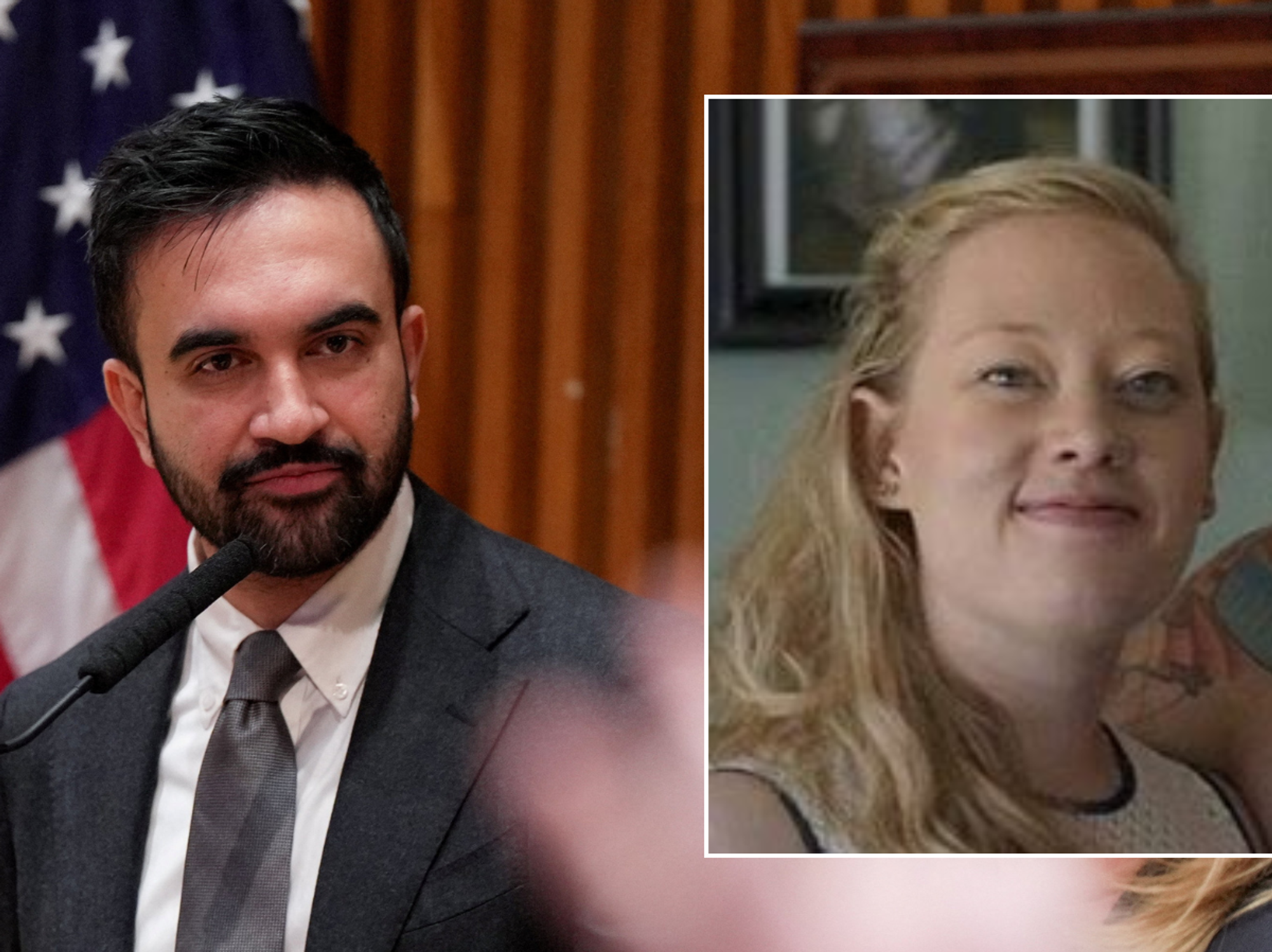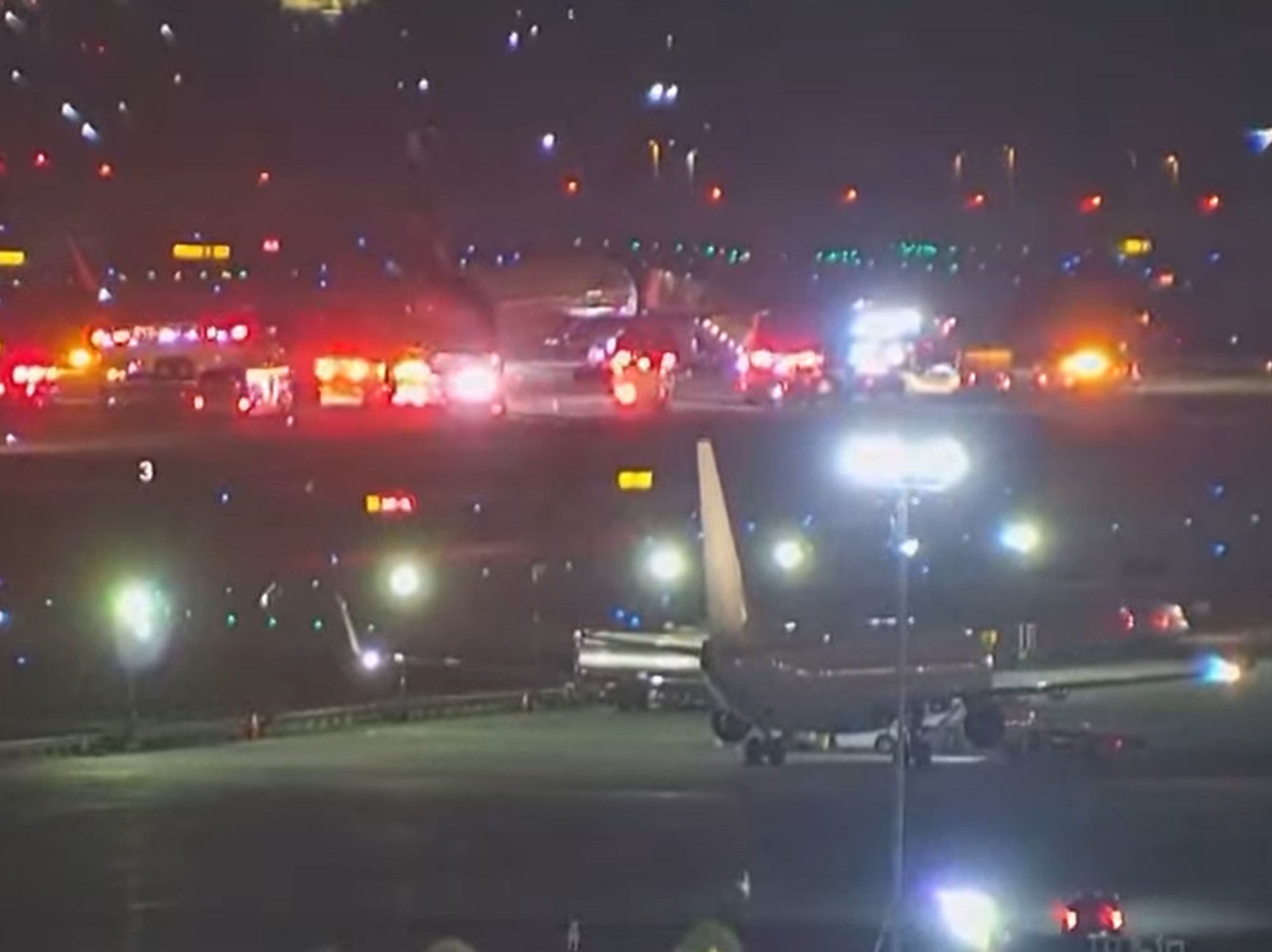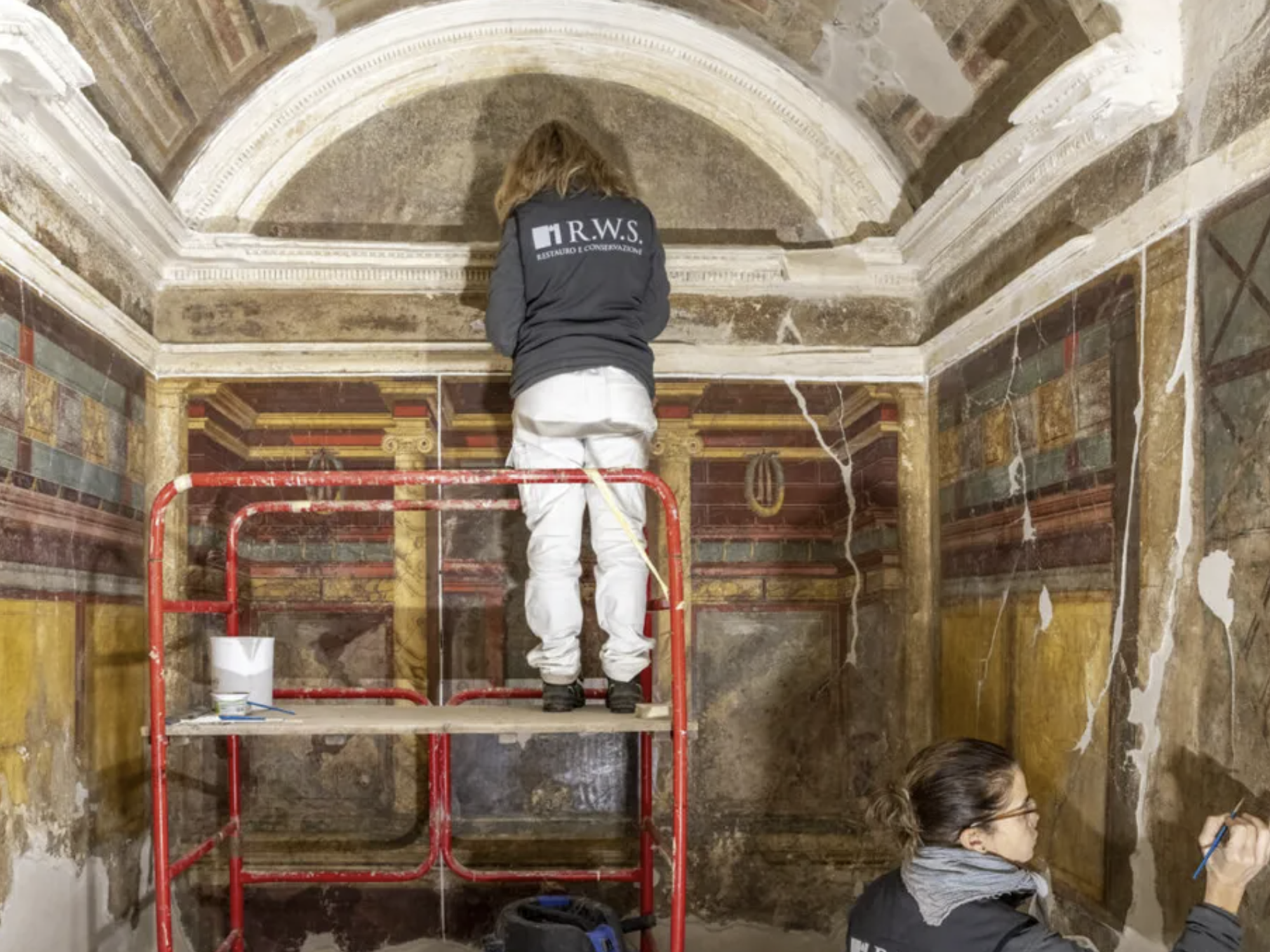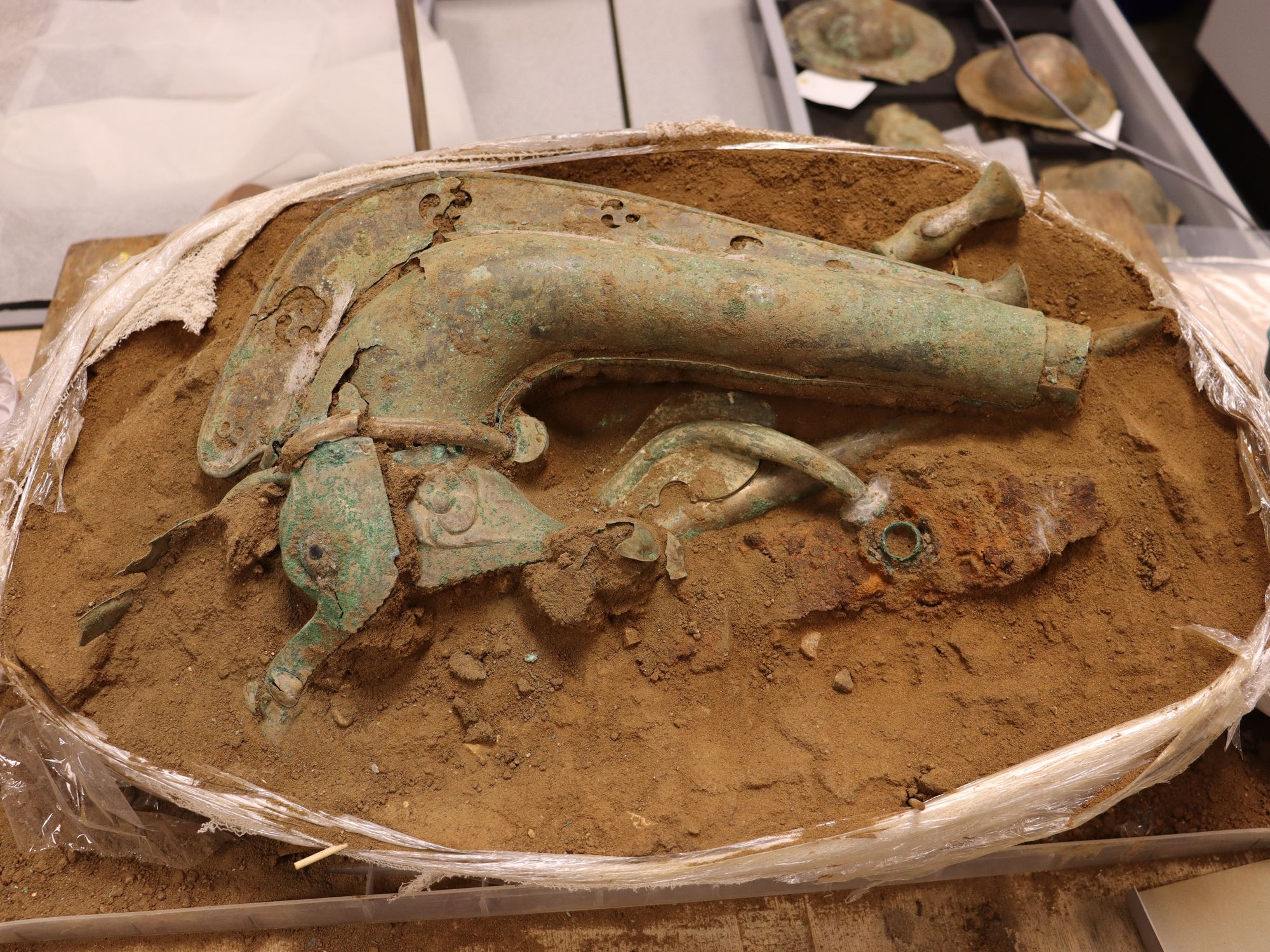Council tax warning: 1.3 million families face 'deprivation' as arrears skyrocket to £6bn a year
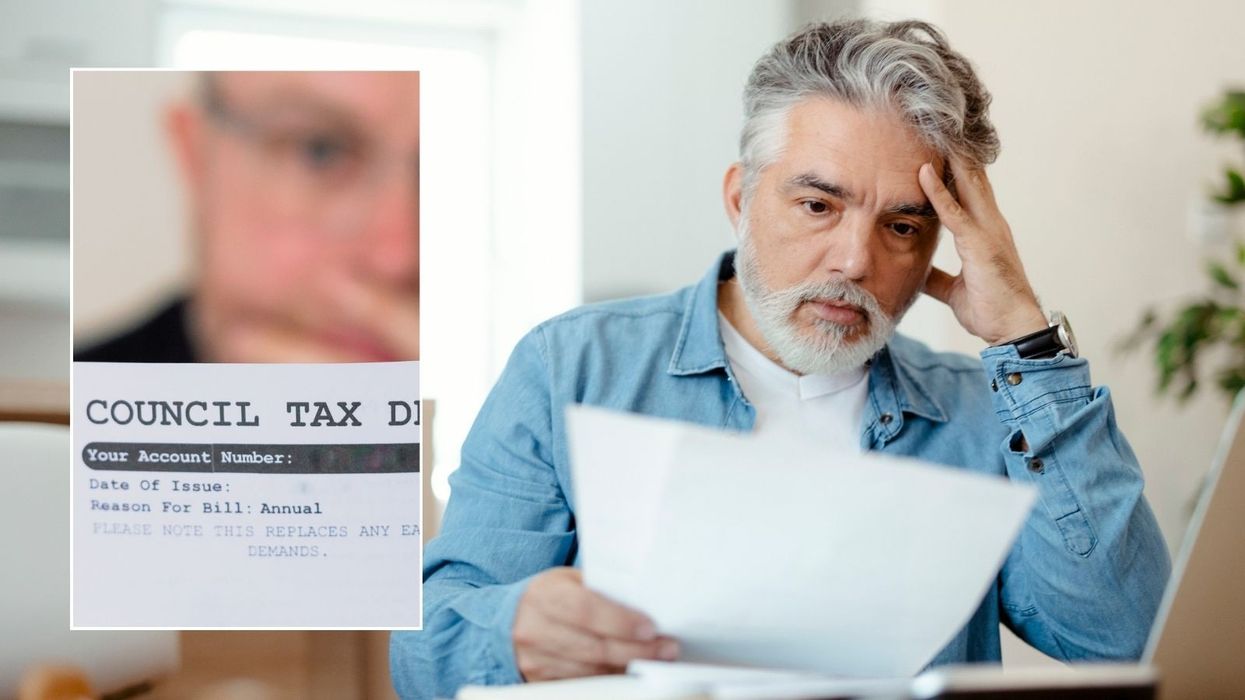
Council tax arrears have ballooned to £6billion a year
|GETTY

Britons are being saddled with unprecedented tax pressure
Don't Miss
Most Read
Some 1.3 million households are at risk of falling into severe "deprivation" due to falling into council tax debt, according to a new report.
The Centre of Social Justice (CSJ) is sounding the alarm that the levy's arrears have ballooned to £6billion annually, which is two-thirds more than the pandemic.
Overall, council tax arrears has jumped from about £2bn a decade ago to the £6bn figure of today.
Around 1.3 million households are finding it difficult to pay their tax bills with many being on the lowest incomes, the Centre reports.
Said households have to deal with strict enforcement measures carried out by bailiffs, as well the potential imprisonment.
The think tank is warning of the widening divide between mainstream society and the poorest 10 per cent of the population.
Do you have a money story you’d like to share? Get in touch by emailing money@gbnews.uk.
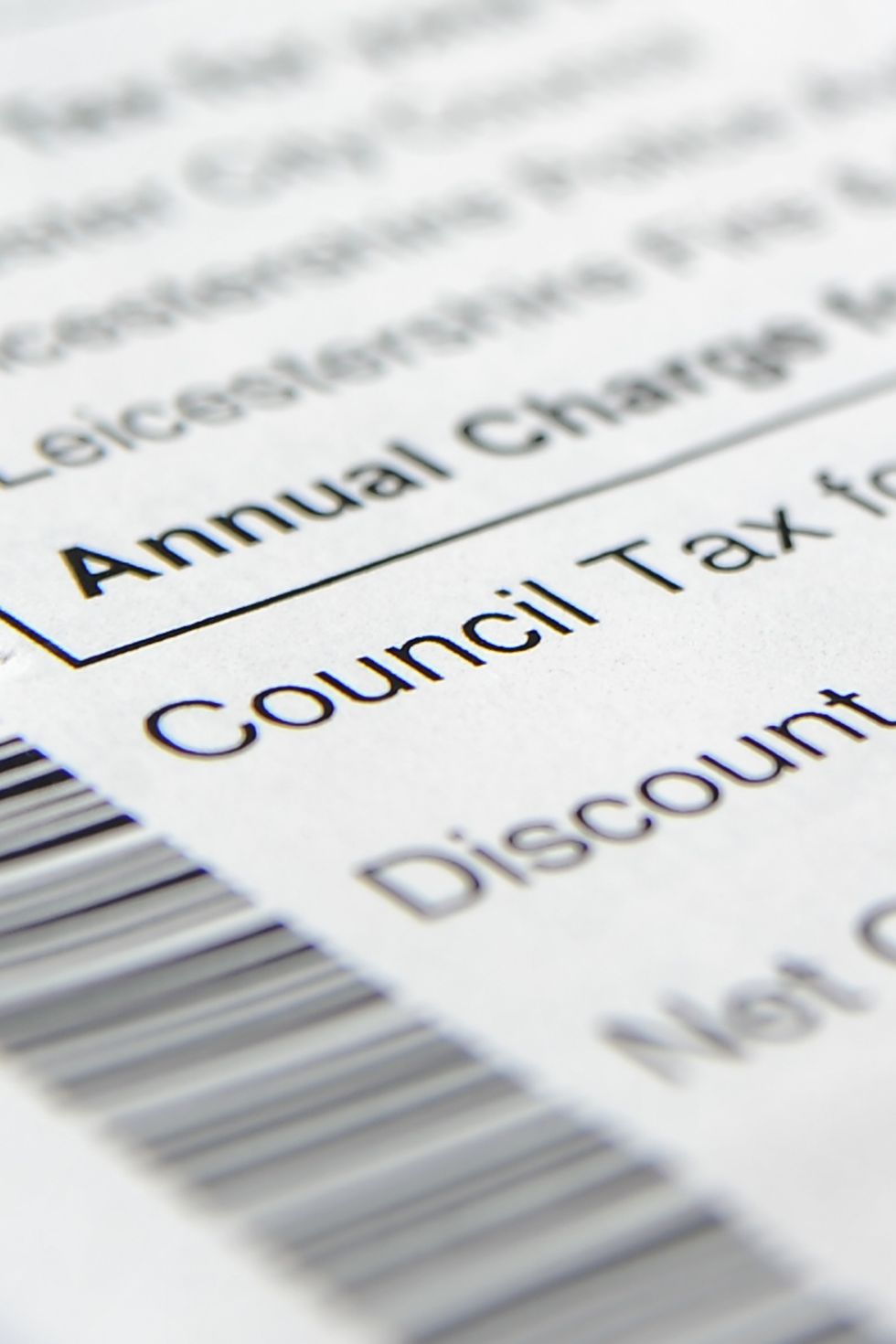 Taxpayers are struggling with the unsustainable burden of council tax | PA
Taxpayers are struggling with the unsustainable burden of council tax | PAThe majority of households in the UK, at about 95 per cent, are at least just about able to pay their local taxes.
However, the remainder of households have struggled to maintain a decent living standard amid the cost of living crisis.
The average amount of Council Tax owed by those approaching debt advice charities has more than doubled in the past 10 years, from £756 in 2013 to £1,726 in 2023.
With the CSJ's "Still Collecting Dust: Ensuring fairness in council tax collection" report, the Government is being urged to find a way a "smarter" way to approach collecting ta arrears.
Specifically, the centre is looking for a clearer distinct between those who are unable to pay because of a lack of money and choosing not to pay willfully.
Based on the latest Government figures, when Local Authorities instructed civil enforcement agents (another term for bailiffs) between 2018 and 2022, the proportion of cases that settled after being paid in full fell from 21 per cent to 15 per cent.
Analysis conducted by the CSJ and the Money Advice Trust published in the report shows that enforcement agents were instructed to collect council tax 1.3 million times in 2022/23.
This call for action comes after Chancellor Rachel Reeves claimed the previous Government left a £22billion "black hole" in the public finances.
The report states: "We find that households who fall behind on their council tax are significantly more likely to be on a low income and show signs of deprivation.
“We find that lower council tax collection rates are significantly correlated with income deprivation. We also find that higher enforcement use is correlated with income deprivation."
LATEST DEVELOPMENTS:
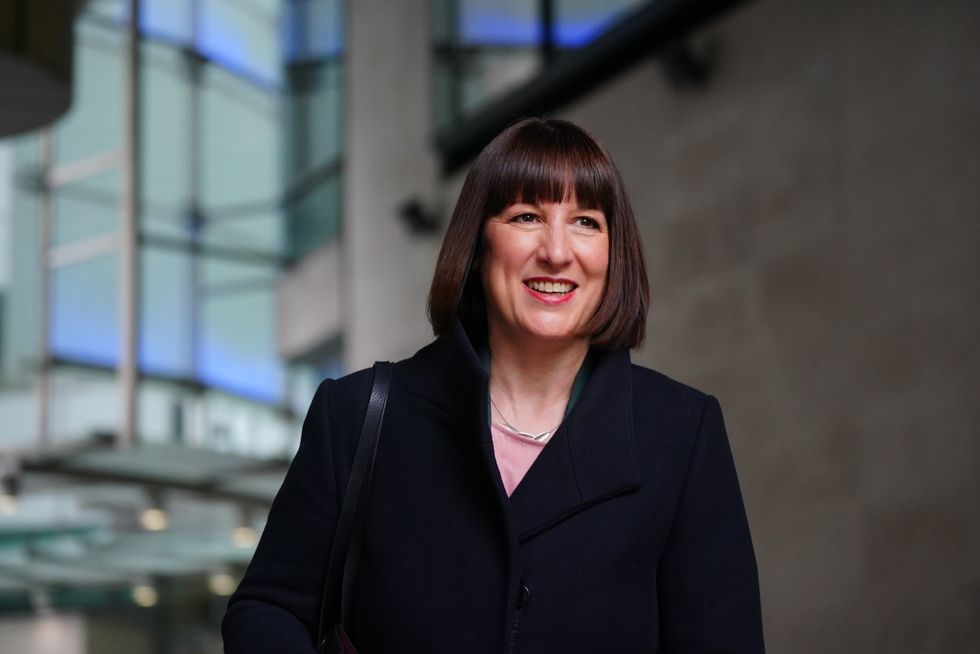
Rachel Reeves claims the Tories have left a £22billion "black hole" in the public finances
| PAMatthew Greenwood, the head of Debt at the CSJ said: "The further steep rise in council tax arrears to a historic high of £6 is yet more evidence that in many cases, the process of collection is failing local authorities and tax payers alike.
"Some people won’t pay their council tax even though they have the money and they should face the full force of the law.
"But our evidence shows that the majority of non-payers are unable to meet their commitments and the often harsh repayment methods used by many local authorities are making repayment rates worse, not better.
"Adopting a more proportionate collection system would drive up the amount of money brought in by councils in the long term.
Enforcement is an invasive procedure by its nature and putting the Enforcement Conduct Board on a statutory footing would ensure that vulnerable households have practical recourse to protection should things go wrong."





